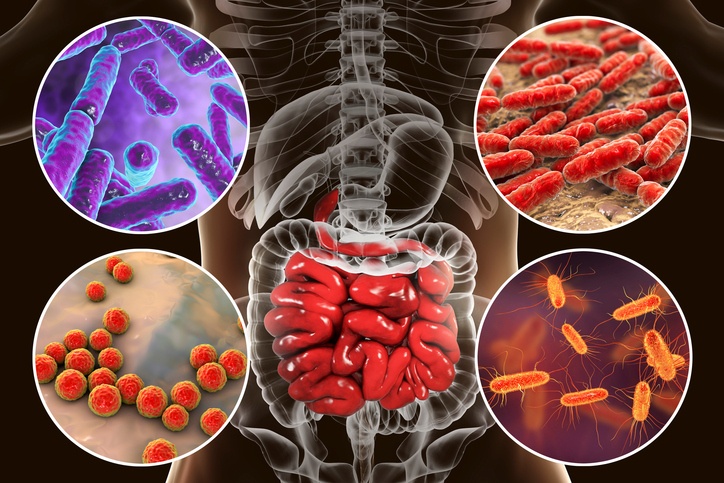Your Gut Could Be Your Enemy, But Not How You Think
Okay, I’ll admit right off the bat that I have a gut. I am overweight and I know it. It is also why I’m a type 2 diabetic and have high blood pressure.
I’m back on a stricter diet and exercising and the weight is coming off, but not quite as fast as I would like.
We all know that our gut often is an enemy. It’s a sign of poor health, poor diet or lack of activity (exercise) or a combination of all three as in my case.
I was once told by a doctor to consider my gut to be an indicator of how long I’ll live, but in an inverse fashion. The bigger the gut, the shorter the lifespan. The smaller the gut, the longer the life span.
I also had a pastor tell me that I should take better care of myself because my body is a temple unto the Lord. I told him to look at the size of the temple I was building and he just shook his head and walked away.
Okay, so many of us need to lose weight. For some of us, that’s easier than it is for others. I’ve always been able to lose weight faster than most people. When I stated above that it isn’t coming off as fast as I wanted, it still comes off faster than it does on many others .
Then there are those who go on strict diets and exercise and find it nearly impossible to lose weight. I knew a female co-worker some years ago who was nearly staving herself and then torturing herself for hours every day with various exercises – jogging, aerobics and such. After the first month, she was the same weight as when she started. After the second month, she had gained 3 pounds and a month later, she had gained 2 more pounds. I tried to encourage her by saying she was converting fat into muscle and that muscle weighs more, but that isn’t what she wanted to hear. She ended up trying a different diet and then another different diet, all with the same results. It seems no matter what she tried, she could not lose the weight.
According to a recent study, her problem with not being able to lose weight may have been her gut, on the inside, not the outside:
“Researchers have discovered how specific cells in the guts of mice slow down metabolism and eventually contribute to obesity, diabetes, hypertension and atherosclerosis. The findings, scientists say, could have important implications for the prevention and treatment of these kinds of metabolic diseases in humans. The study was funded by the National Heart, Lung, and Blood Institute (NHLBI), part of the National Institutes of Health and appears in the journal Nature…”
“The cells are called intraepithelial T lymphocytes (or natural IELs), and when they are not present, researchers discovered, the metabolism of mice goes into overdrive…”
“When natural IELs are present, however, the researchers found that they limit the availability of a type of hormones, incretin GLP-1, that help speed up metabolism. By limiting GLP-1, the natural IELs, in effect, slow down the body’s metabolism and conserve the energy it gets from food.”
Michelle Olive, Ph.D., program officer at the NHLBI Division of Cardiovascular Sciences commented:
“With this research we are connecting the dots between gut metabolic food sensors and cardiovascular disease; and might open new therapeutic avenues to treat patients with a host of related conditions.”
Filip Swirski, Ph.D., lead researcher and associate professor at Harvard Medical School and Massachusetts General Hospital, Boston added:
“The mice become metabolically hyperactive and, even when consuming a diet very high in fat and sugar, are able to resist metabolic diseases such as obesity, hypertension, hypercholesterolemia, diabetes, and atherosclerosis…”
“Looking forward, we need to better understand IELs function in metabolism. We also need to know whether therapeutic targeting of IELs in humans can be a treatment for obesity, hypercholesterolemia, diabetes, and hypertension.”
So, if you are one of those having trouble losing weight no matter what kind of diet you try or how much you exercise, it could well be the cells in your gut. Perhaps share this with your doctor and ask if they could follow up and learn more about it for you.









Recent Comments